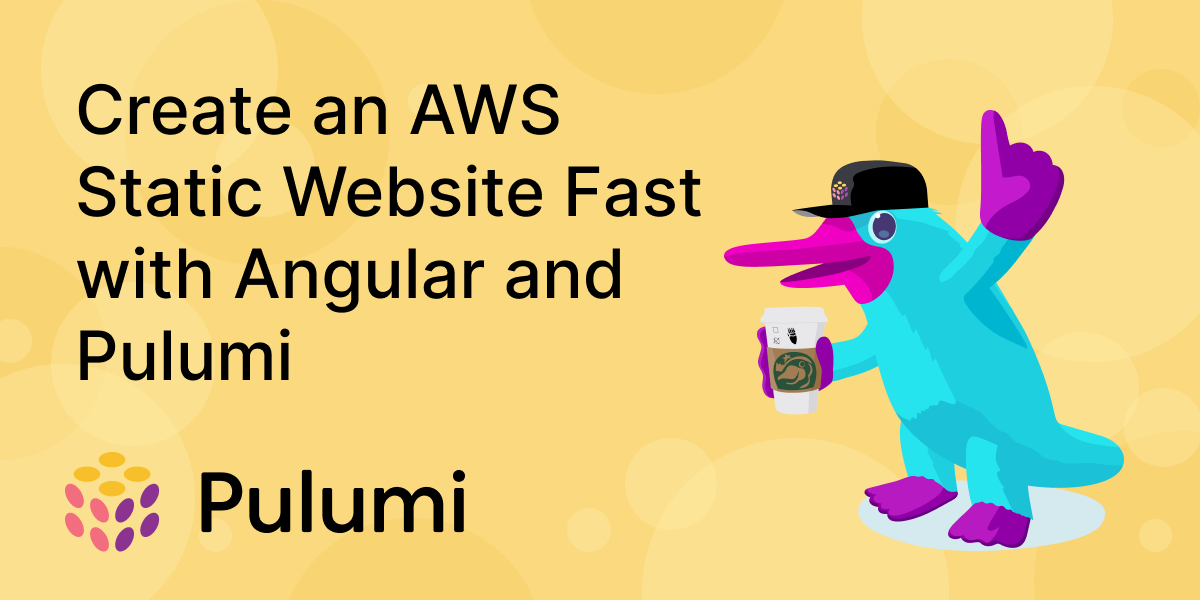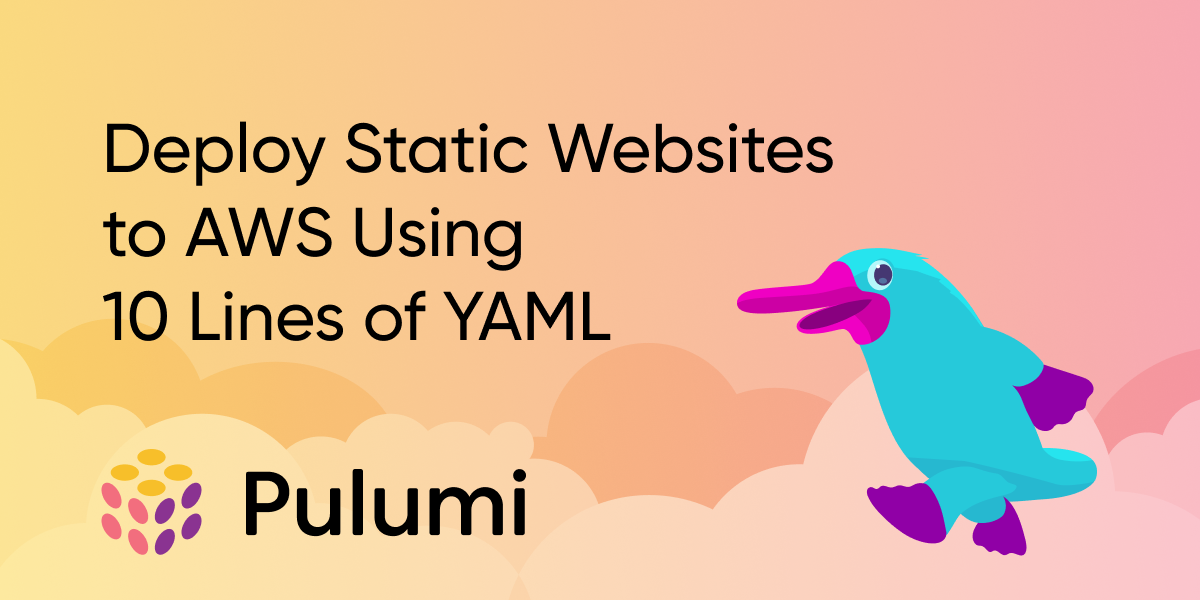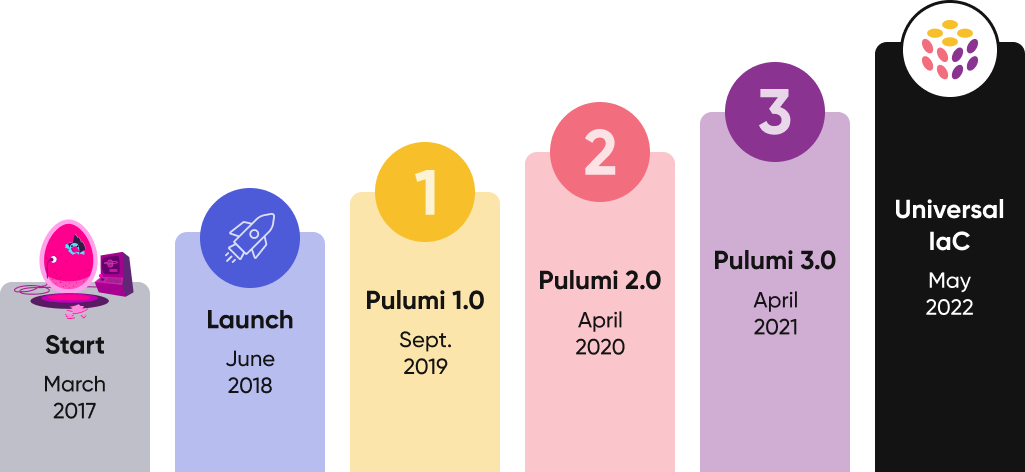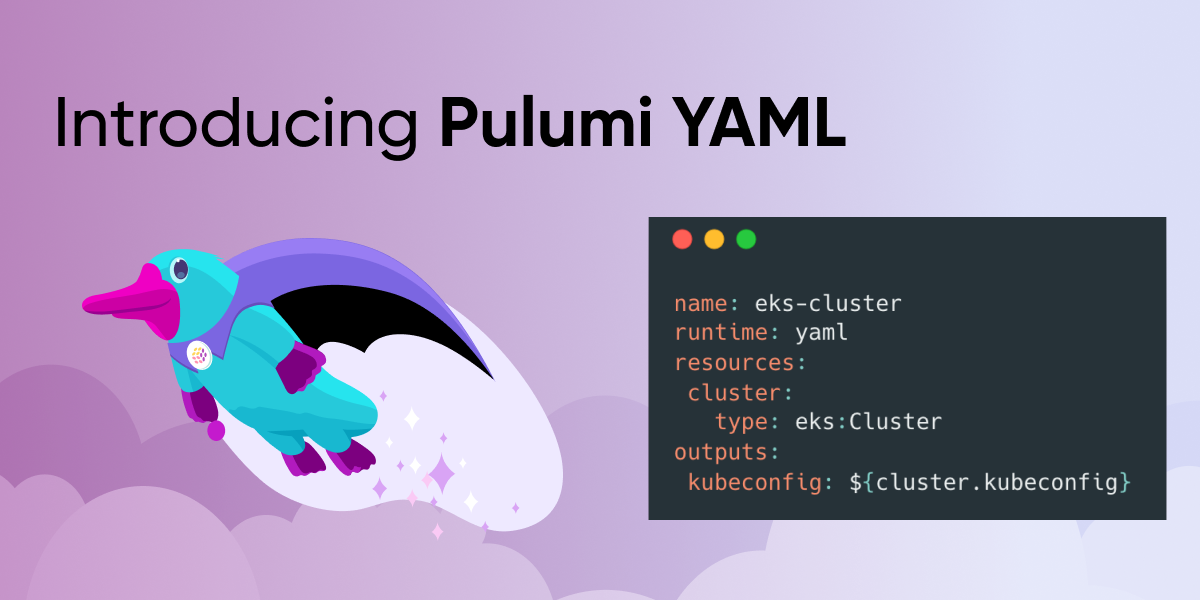New: Helm Chart v4 resource with new features and languages

Today we’re happy to announce a new “v4” version of the Chart resource, available now in v4.13 of the Pulumi Kubernetes provider. The new kubernetes.helm.sh/v4.Chart resource is provided side-by-side with the existing kubernetes.helm.sh/v3.Chart resource. We expect to deprecate v3 in the future.
When you need to install a third-party application into your Kubernetes cluster, you’re likely to find a Helm chart for that in Artifact Hub or other registry. Pulumi provides two ways to apply a Helm chart, as outlined in Choosing the Right Helm Resource For Your Use Case. The Chart resource offers deeper integration with Pulumi and better drift remediation. v4 brings a host of new features, including enhanced SDK support across all Pulumi SDKs, full OCI registry support, improved handling of chart values, better connectivity for cluster interactions, and improved resource ordering. Let’s dig in.








